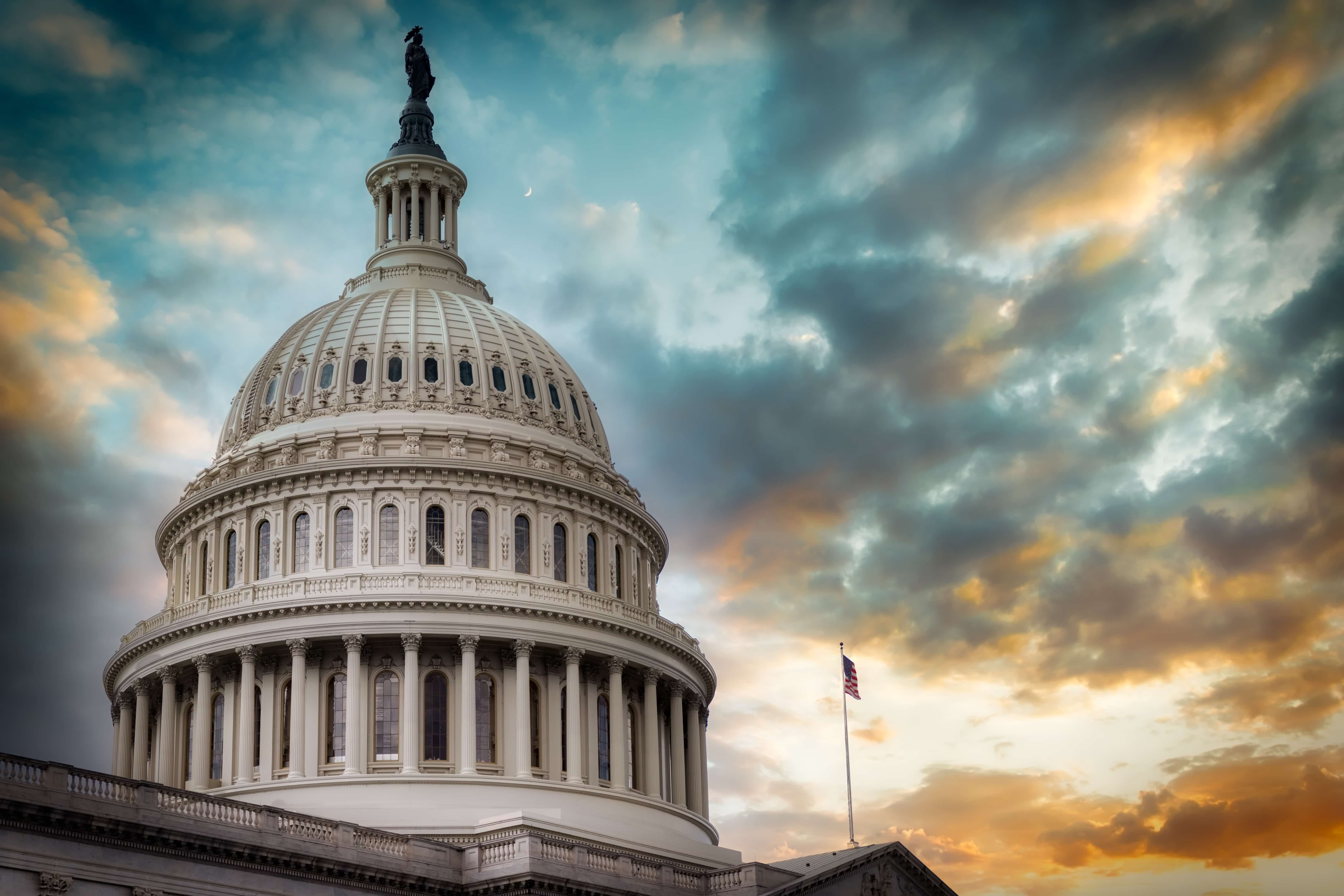Managing Your Finances During a Government Shutdown: How Vision Bank Can Help
When government operations pause, many Americans—especially federal employees, contractors, and benefit recipients—face uncertainty. At Vision Bank, we understand that a government shutdown can bring unexpected financial challenges.
If you’re affected, we’re here to help you stay financially confident and supported every step of the way.
What Happens During a Government Shutdown
Why it happens:- Federal employees – Some are furloughed without pay, while others must continue working without immediate compensation.
- Federal contractors – Many do not receive back pay and may face work interruptions.
- Federal benefit recipients – Programs like WIC or Head Start may reduce services or temporarily close.
What continues to operate:
Essential services such as Medicare, Medicaid, Social Security, the U.S. Postal Service, and Veterans’ benefits remain open.
Six Steps to Manage Your Finances During a Shutdown
- Review and Adjust Your Budget: Start by evaluating your household budget. Identify expenses you can temporarily reduce—like streaming subscriptions, dining out, or nonessential shopping—to stretch your funds further. Tip: Focus on essentials like housing, utilities, and groceries.
- Talk With Your Bank Early: If you’re worried about upcoming bills or loan payments, reach out to us as soon as possible. Vision Bank may be able to offer:
- Loan payment extensions
- Fee waivers
- Temporary rate reductions
- Short-term financial solutions
- 📞 Call us at 888-332-5132 or email vision@visionbank.bank.
- Contact Your Lenders: If you have a mortgage, car loan, or credit card payment due, contact your lenders right away. Many institutions offer hardship assistance or flexible payment options.
- Homeowners: HUD-certified housing counselors can provide free advice.
- Renters: Ask your landlord about short-term payment arrangements or local rental assistance programs.
- Reach Out to Utility Companies: Utility providers often have hardship or deferred payment programs. A quick call can help you avoid service disruptions and late fees.
- Use Local Support Systems: Local organizations can be a vital resource. Explore:
- Food banks and community kitchens
- United Way’s 211 service
- Local nonprofits that assist with bills, childcare, or transportation
- Talk to a Credit Counselor: Professional credit counselors can help you prioritize bills, manage debt, and create a realistic plan. Reputable organizations include:
- National Foundation for Credit Counseling (NFCC)
- American Consumer Credit Counseling (ACCC)
- Association for Financial Counseling & Planning Education (AFCPE)
Vision Bank Is Here for You
If you are directly affected by the shutdown and have a loan payment coming due, please contact your Vision Banker to discuss your options. We’re here to provide guidance, flexibility, and understanding.
Quick Financial Checklist:
- Review your budget
- Contact your bank and lenders early
- Ask about fee waivers or loan deferrals
- Reach out to utility and service providers
- Explore community and nonprofit support
- Consult a certified credit counselor

